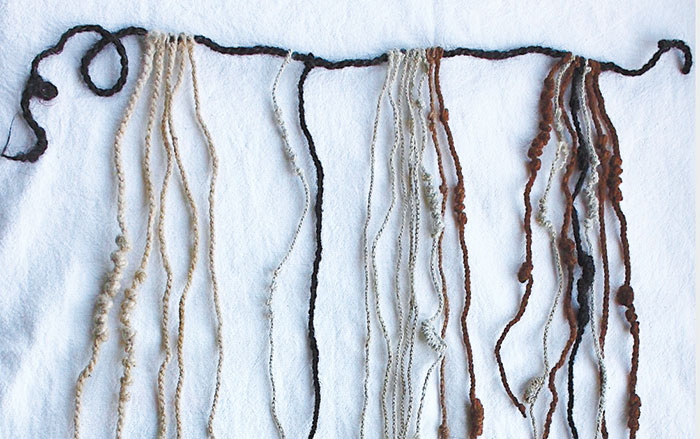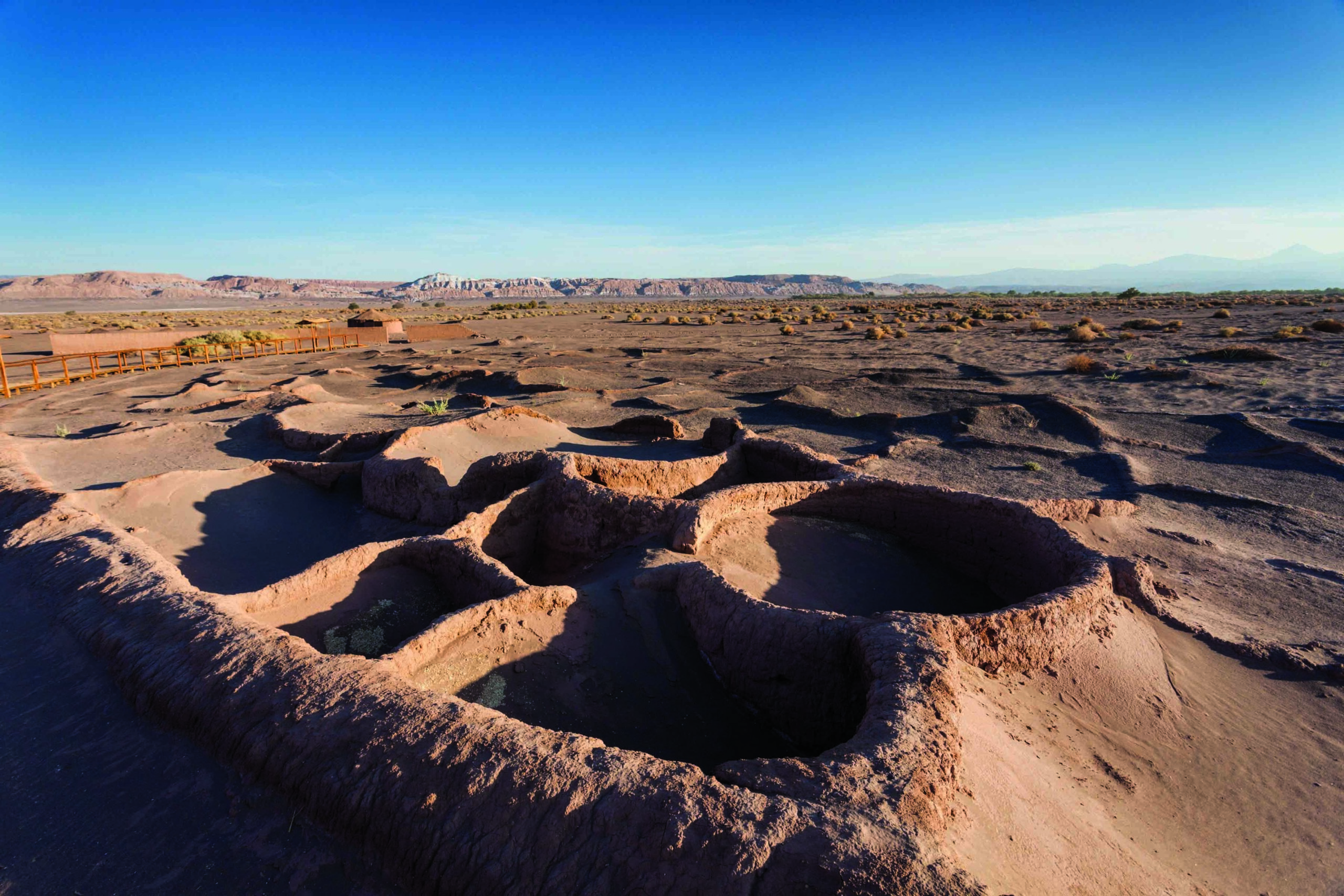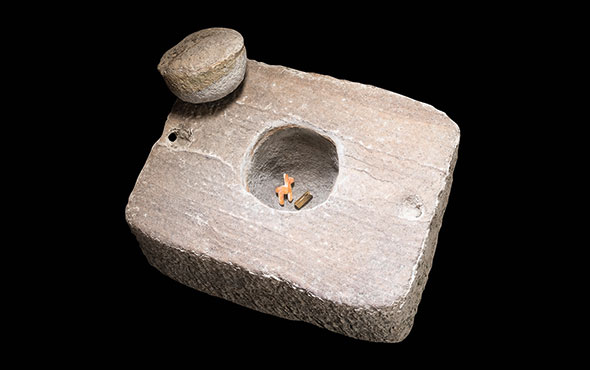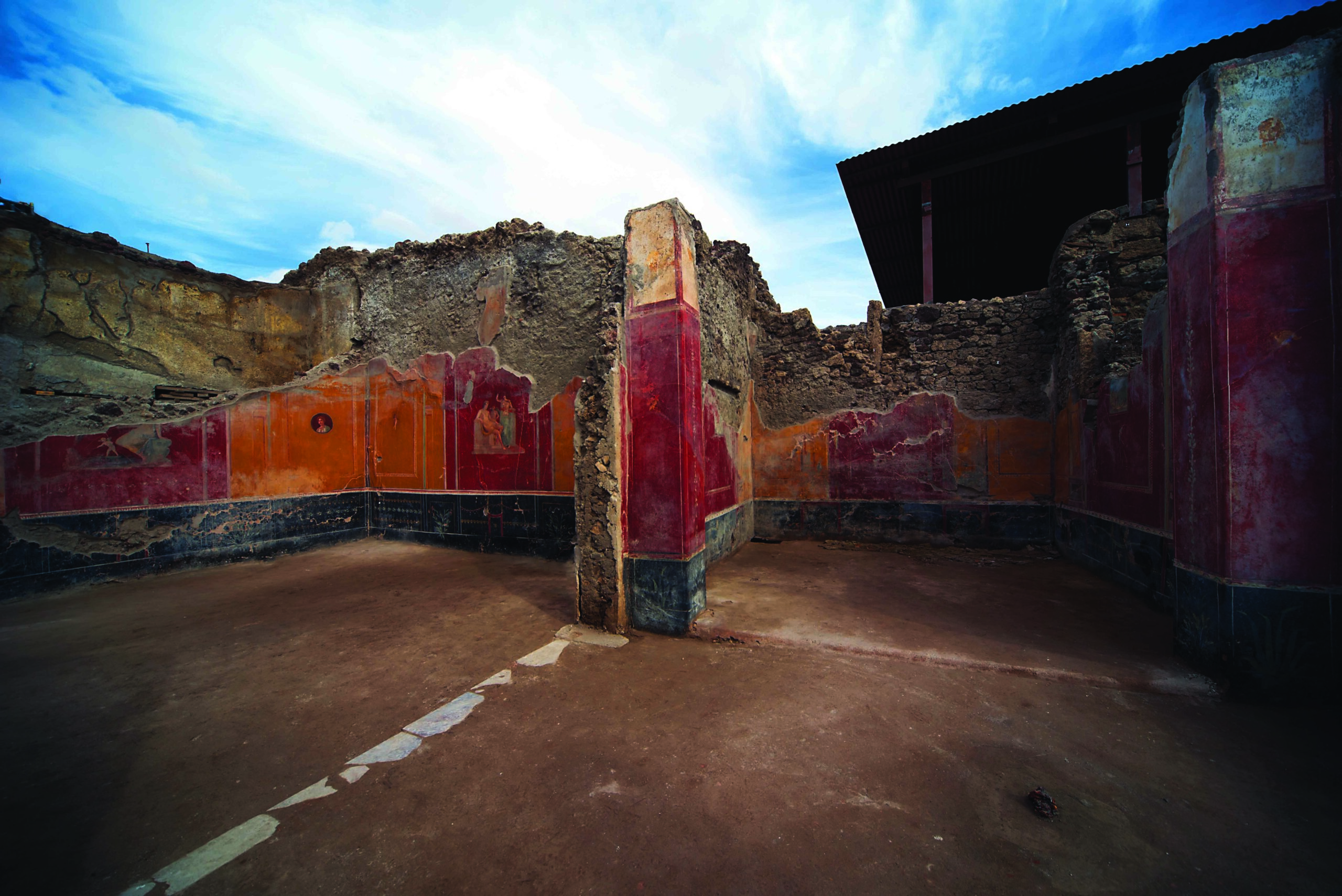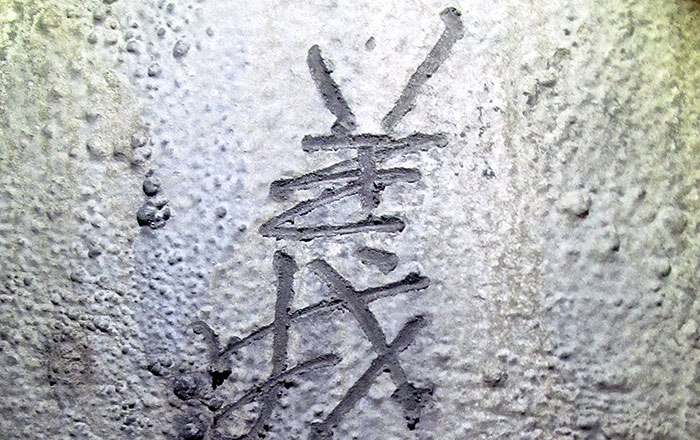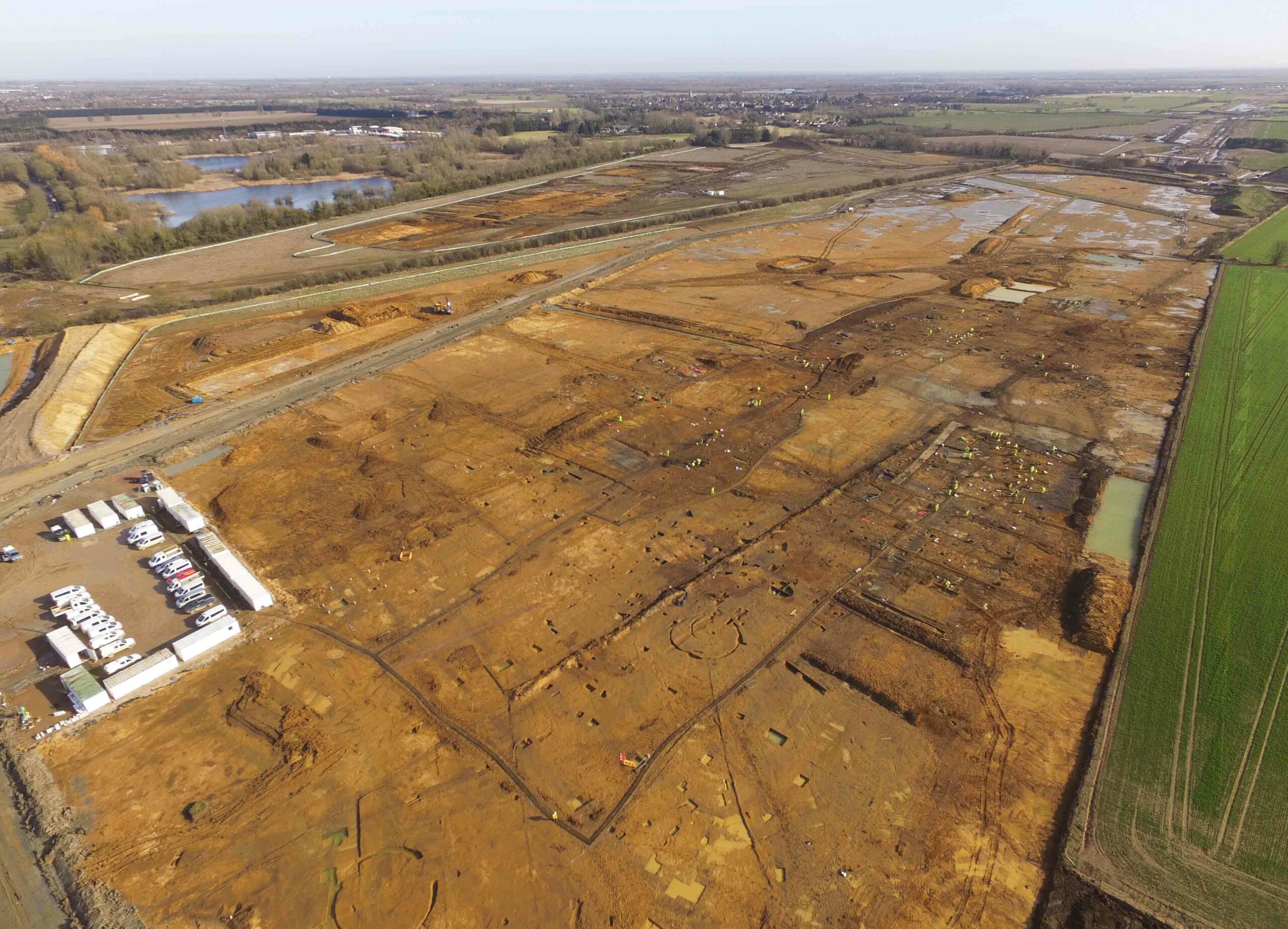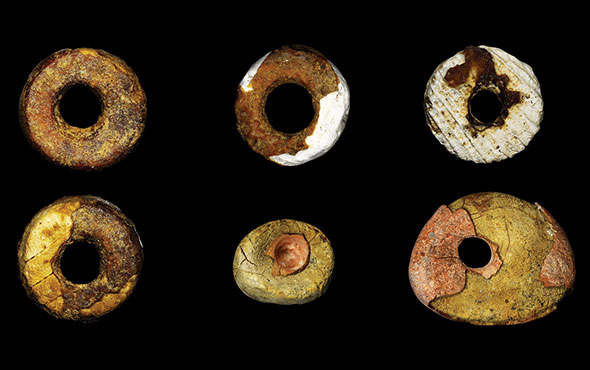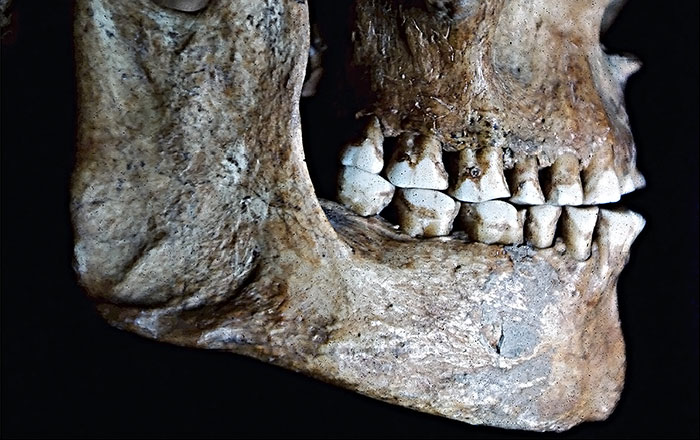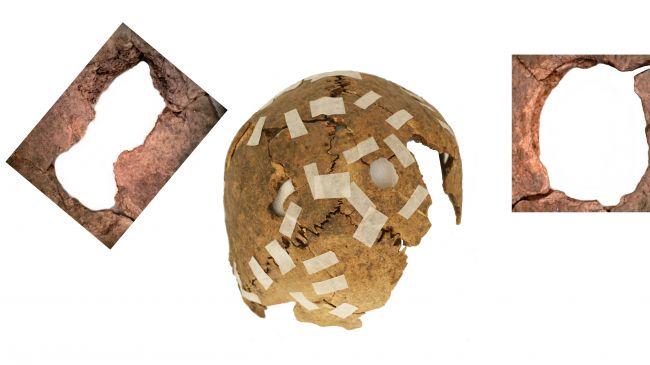
SANTIAGO, CHILE—According to a Live Science report, Francisco Garrido and Catalina Morales of Chile’s National Museum of Natural History suggest the conquerors of the expanding Inca Empire may have displayed human heads at the remote village of Iglesia Colorada as part of an ideological effort to quell social unrest among resistant villagers. In 2003, the fragments of four skulls were discovered in a garbage dump at the site, which is located in the Atacama Desert. Three of the skulls are thought to have belonged to young women, and one to a child. The condition of the bones indicates that all of them had been malnourished. Each of the skulls showed signs of possible scrape marks around the jaws, perhaps to skin them, and holes drilled into the skulls may have been used to string them on rope, the researchers explained. “It doesn’t seem that the Incas targeted the leaders [of the village],” Garrido said, but this act may have been intended to demonstrate the power of the Inca Empire. To read about Aztec display of human heads as a show of power, go to "A Circle of Skulls".


